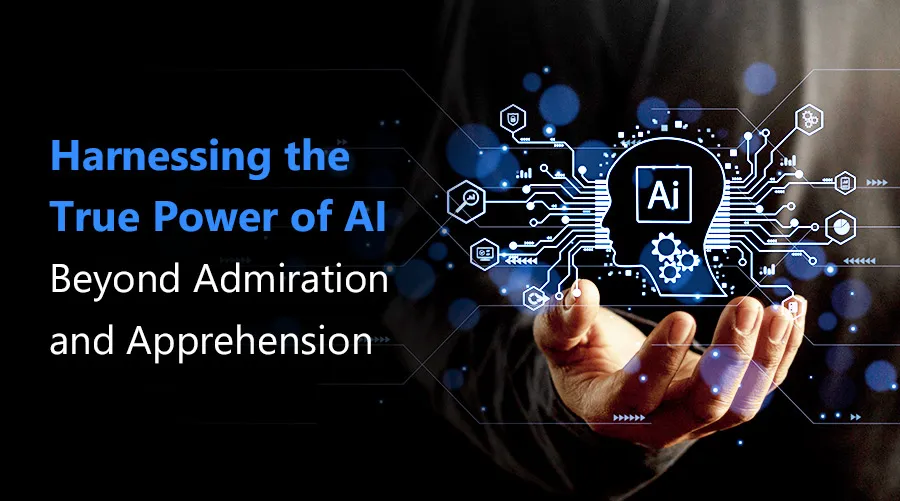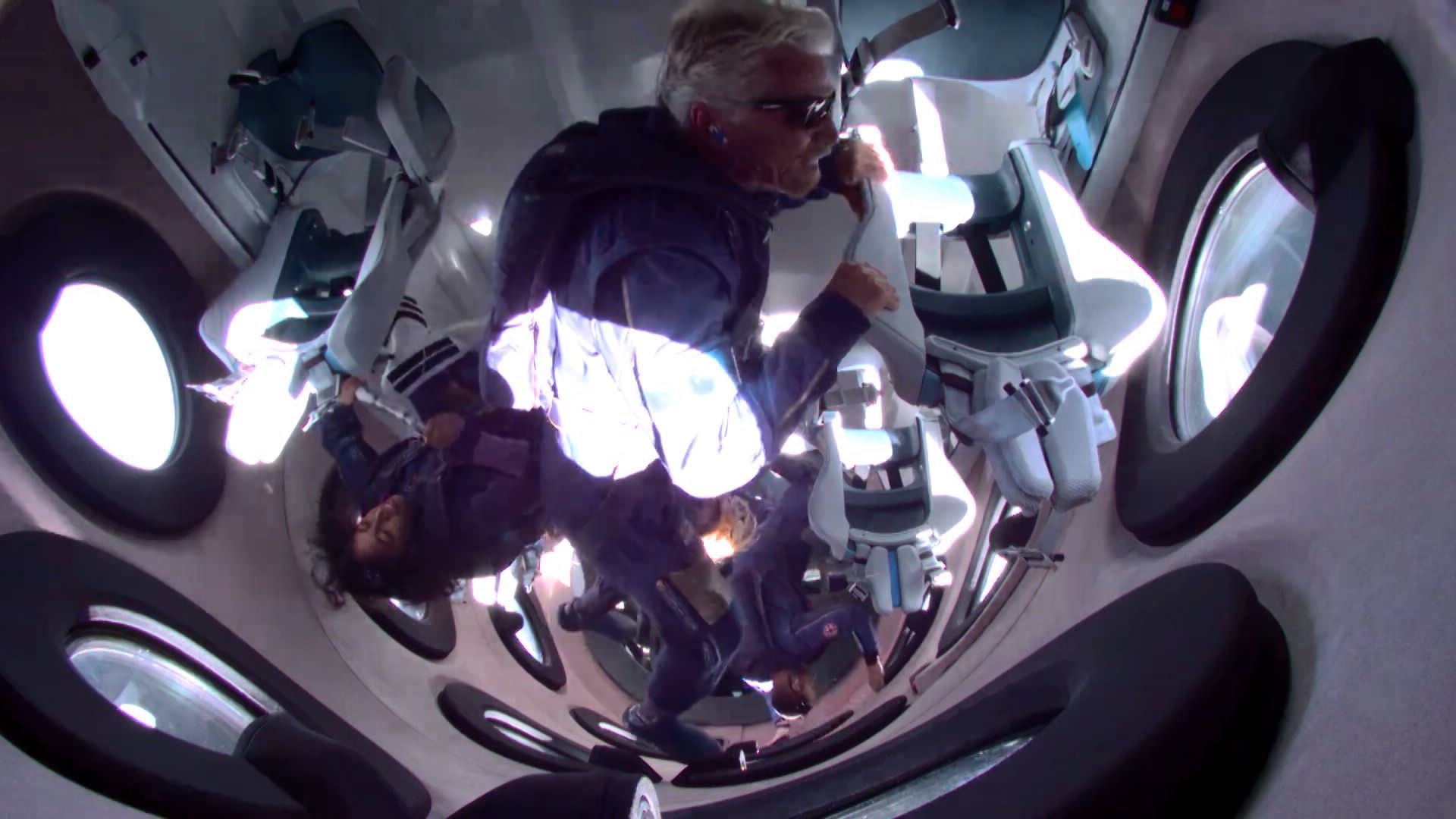In a digitally-driven world, Artificial Intelligence (AI) has progressed to a stage that was previously unfathomable. Today, conversations around the technology are often in two parts: excitement over the endless possibilities of advancement and the fear of the potentially catastrophic consequences of such a rapidly evolving intelligence system. With each new advancement in the field, especially with the emergence of ‘Generative AI’, mixed reactions have been evoked. The reality is that, we have a lot to gain from AI in every industry, yet apprehensions continue to prevent us from exploring its full potential.
Two decades ago, AI’s capabilities first shocked the world when IBM’s Deep Blue computer beat the reigning world chess champion. Since then AI has boomed in its range and capacity to both replicate and generate ideas. Here are some recent leaps made in the field of AI:
Watson – IBM’s ‘Watson’ displayed its advanced ability to process natural language and present its knowledge in any asked format by winning the quiz show ‘Jeopardy!’ in 2011.
AlphaGo – DeepMind (a subsidiary of Google) developed this AI program that is proficient in complex board games that require intuition and strategic thinking. It exemplified its abilities by beating the world champion at Go, Lee Sedol in 2016.
Tesla Autopilot – This advanced driver-assistance system (ADAS) by Tesla became the talk of the town for being the first of its kind. Using a combination of sensors, cameras, neural networks, and machine learning (ML) algorithms, it facilitates autonomous driving features.
DeepMind’s AlphaFold – In 2020, AlphaFold made a significant leap in biology and drug development by making headway in predicting protein structures.
Advancements in AI showcase how it can effectively replicate and recreate human ideas and work, leading to many viewing it as a threat to their jobs. However, this cannot be further from the truth. AI cannot substitute for human imagination. It is a tool for the enhancement and automation of certain human tasks, but never a replacement. While advanced technologies can create fascinating and inspiring ideas, it will always draw from a pool of original human creativity. Hence, the key is to focus on what AI can offer and make optimum use of it, rather than fixating on its weaknesses.
Here are a few AI tools that will not only improve the quality of our work but also enhance our creativity.
Text Generation – Text generation for a variety of purposes like drafting emails, coding, content creation, generating reports, and so on can be done using Generative Pre-trained Transformer 3 (GPT-3) and similar models of AI. These can recreate humanlike text based on internet results or given references.
Design and Creativity – Tools like Adobe Sensei, DeepArt, Runway ML and more can create unique artworks and designs which can be used as references, visual content. Through their capabilities, these can bring in efficiency in operations for creative professionals.
Music Composition – Jukedeck and OpenAI’s MuseNet can create original compositions based on the requested genres and styles. These tools can be used to create a large bank of copyright free music, serve as inspiration for composers, and provide practice material for musicians.
Image and Video Generation – AI tools like Deepfake technology and Generative Adversarial Networks can create and manipulate photos and videos in a realistic manner. These photos and videos can be used in video games, advertisements, virtual reality and more.
Data Analysis and Prediction – In industries like healthcare, finance, IT, marketing, and more, generative AI models can be used to analyze datasets, predict trends, and help prevent repetitive problems through pattern recognition and anomaly detection.
When approached with a sincere desire to explore, learn and create, AI has the potential to transform our life. With preventive diagnosis, prediction farming and virtual learning, AI solves real-world problems. As we continue to harness the potential of AI, it is crucial to navigate this landscape thoughtfully and responsibly, with a focus on the greater benefit of humanity.

Chief Technology Officer, Clover Infotech
Neelesh Kripalani
Chief Technology Officer, Clover Infotech





